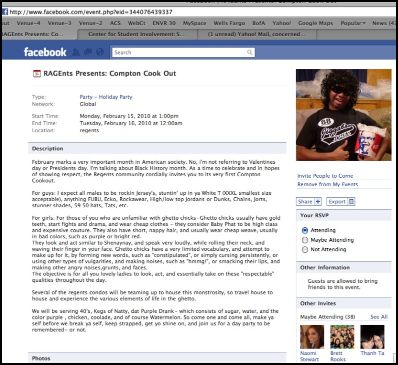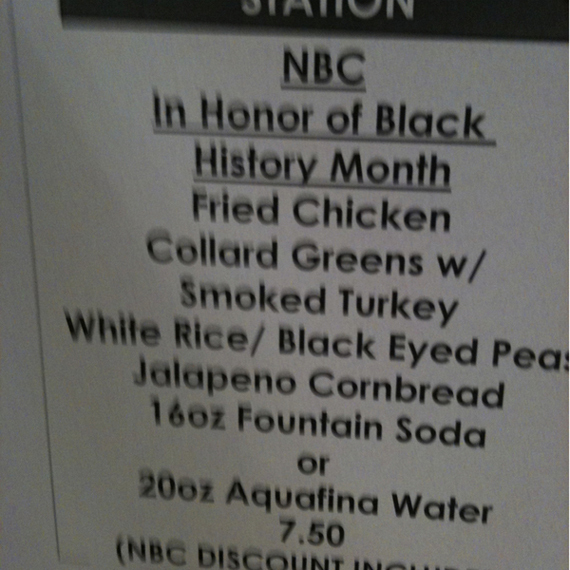Breastfeeding is widely believed to carry significant health advantages for infants and the American Academy of Pediatrics (AAP) would like to see all mothers breastfeed their children for at least 12 months, with no supplemental food for the first six.
Breastfeeding, however, is a big job. Even if a newborn takes to breastfeeding without any problems (some mothers struggle mightily with less-than-cooperative infants), mothers must feed their children around the clock (they now recommend every two hours, 24-hours a day for newborns). If it takes a half hour to settle the baby down and fill it up, you’ve got an hour and a half before the next feeding time.
Mothers who have the privilege to stay home with their babies — for three, six, or even twelve months — then, are going to find it much easier to follow the AAP guidelines. For mothers who return to work, those who work in flexible positions that award some degree of autonomy and respect will also be more likely to continue breastfeeding. In other words, a lawyer with a private office and a work schedule under her own control can stop several times a day and express milk to bring home to her child; in contrast, a woman working the cash register at McDonald’s with a boss hovering over her doesn’t have the same autonomy or privacy and may be forced to give up breastfeeding.
It shouldn’t be surprising, then, that breastfeeding rates are higher among more educated women and White and Asian women. Both of these variables tend to correlate with class privilege:
There are some interesting things, however, that don’t correlate with this class thesis. First Hispanic women are more likely to breastfeed than White women and people with less than a high school education are more likely to breastfeed, especially at six and 12 months, than people with a high school education.
I can think of some reasons why… I’ll let you discuss it in the comments.
Borrowed from Philip Cohen’s Family Inequality Blog. For more data on rates of breastfeeding, including U.S. state comparisons and changes in rates over time, see here.
Lisa Wade, PhD is an Associate Professor at Tulane University. She is the author of American Hookup, a book about college sexual culture; a textbook about gender; and a forthcoming introductory text: Terrible Magnificent Sociology. You can follow her on Twitter and Instagram.








